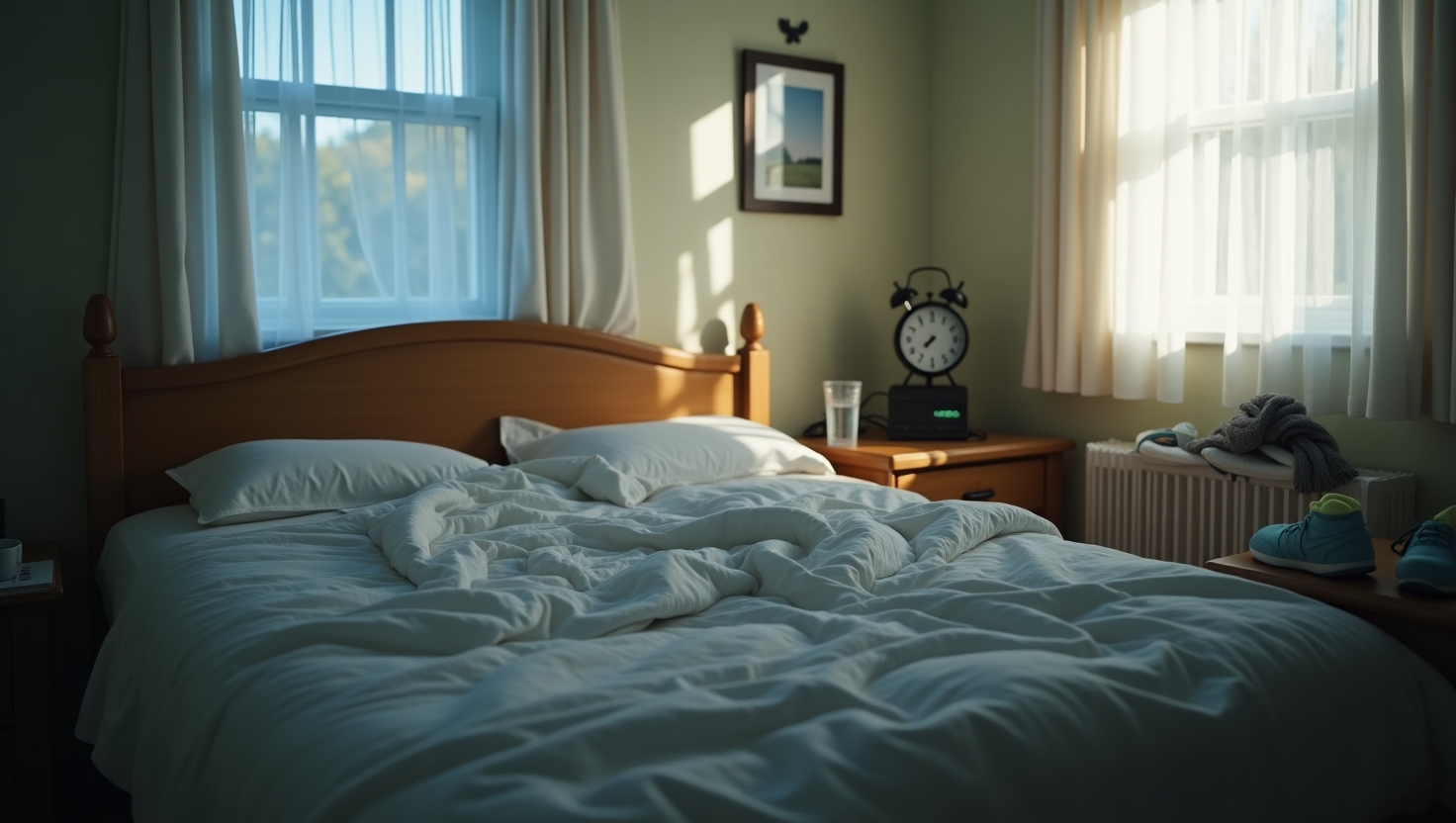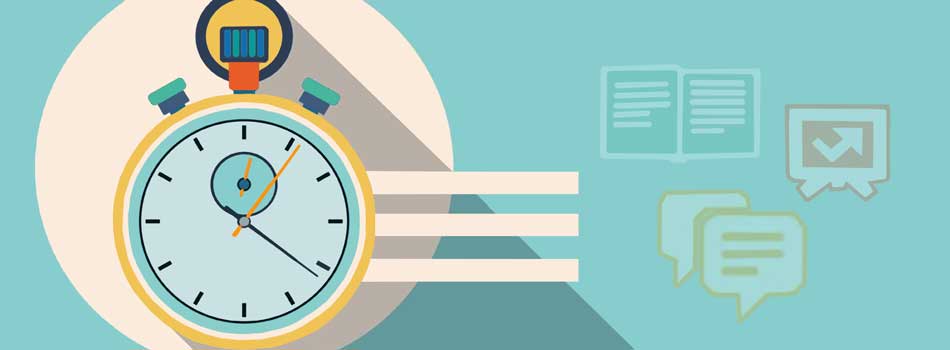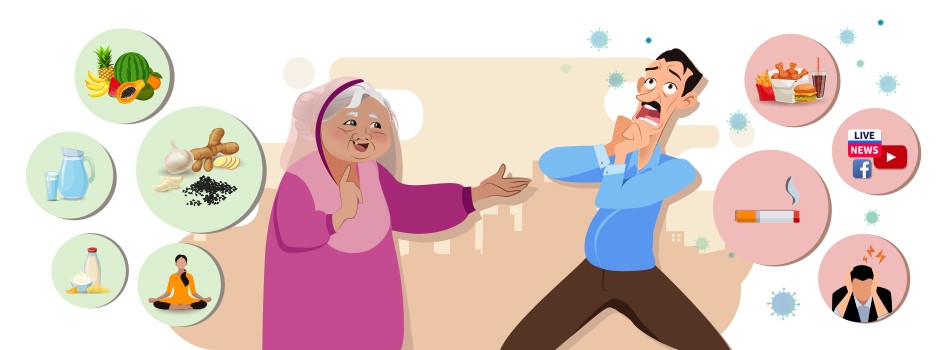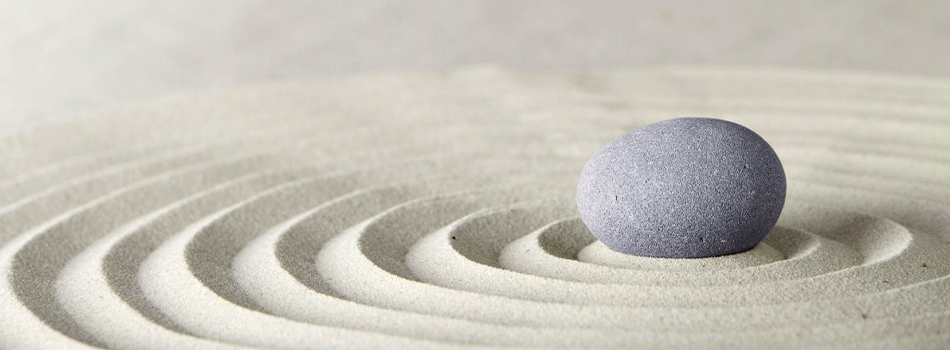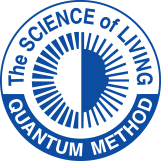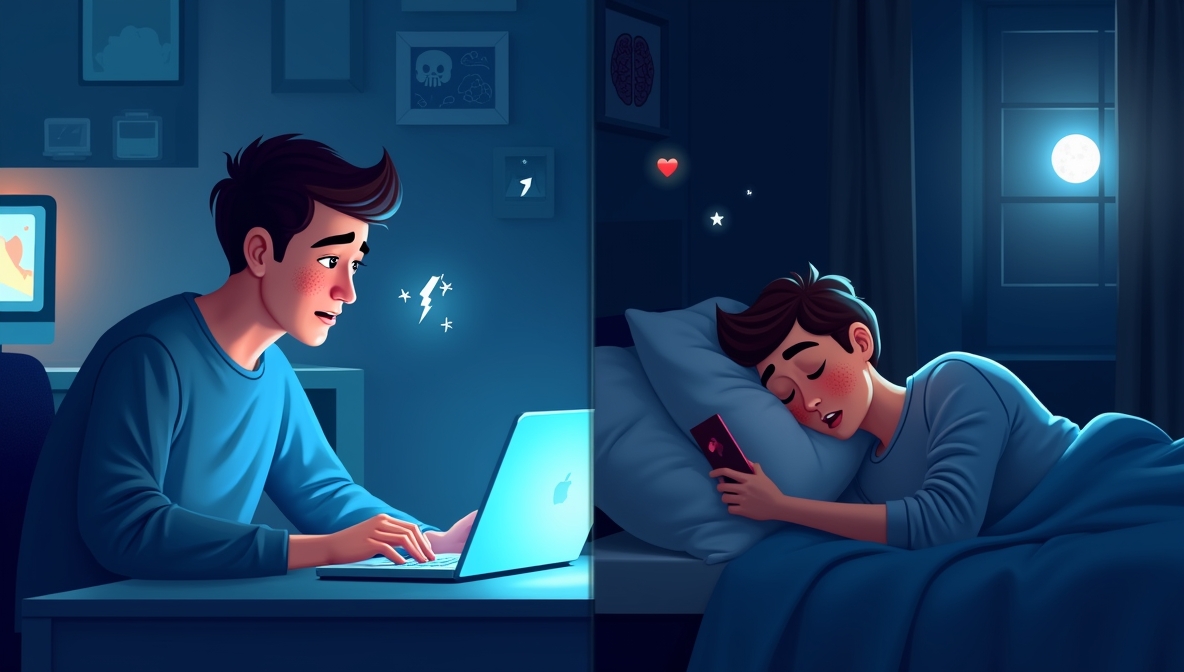
How Staying Up Late Harms Your Body
published : 28 September 2025
Over the past 50 years, we humans have slowly cut down on our sleep—by nearly an hour and a half on average. Today, most Europeans get around seven hours, but young adults between 18 and 35 often sleep less than six. I’m sure many of us recognize this in our own lives: staying up scrolling social media, binge-watching shows, playing online games, or getting lost in digital distractions. This “virtual virus” keeps our minds awake long after our bodies are ready to rest.
Staying up late has almost become a badge of modern life, but it goes against something far older—our natural rhythm.
The Natural Cycle of Day and Night
For thousands of years, our ancestors lived in harmony with the sun. Sunrise marked the start of work, sunset signaled rest. This simple rhythm kept the body and mind in balance. Today, with artificial lights, glowing screens, and endless entertainment, our nights have become as busy as our days. Slowly, we’ve disconnected from nature—and our health is paying the price.
Lessons from Night Shift Workers
To understand the effects of staying up late, researchers have closely studied night-shift workers—those who remain awake while the body naturally longs for rest. During their work hours, their bodies continue to crave sleep. Even when they attempt to recover by sleeping during the day, the rest they get is lighter, shorter, and far less restorative than nighttime sleep.
In the short term, this leads to difficulties in remembering and processing information, poor concentration, and even behavioral issues. Over the long term, the impact is more severe: night-shift workers face a higher risk of chronic illnesses, depression, and a reduced life expectancy—by as much as six years.
Why Daylight Matters
No artificial light can match the power of the sun. Daylight is about 250 times brighter than regular indoor lighting. When morning sunlight enters our eyes, it sends signals through the optic nerve to the brain, releasing serotonin—the hormone that lifts our mood and makes us feel awake and alive.
Without enough sunlight, our internal clock loses its rhythm. Many night-shift workers—and anyone who avoids the morning sun—experience fatigue, mental fog, and low energy.
Scientific Findings on Night Owls
A study in the UK of over 430,000 people revealed that night owls have a 10% higher risk of premature death compared to early risers. Those who consistently wake up early live, on average, six years longer. Another study from Boston University showed that sleeping more than nine hours a night in older age can double the risk of Alzheimer’s disease compared to moderate sleepers.
Sleep is clearly more than just rest—it’s essential for life and health.
The Link Between Sleep and Mental Health
Sleep is more than just rest—it’s when the brain organizes memories and heals itself. Interrupting this natural process can have serious consequences.
Research shows that 90% of people who stay up late experience some form of mental disorder, and about 30% are at risk of developing diabetes. They are also much more likely to face neurological and metabolic problems. Chronobiologists warn that the modern habit of staying up late is quietly becoming a major public health concern.
Bringing Your Body Back in Rhythm
Even in our modern, fast-paced lives, we can take simple steps to reconnect with our natural body clock:
Design your sleep space wisely – let your room fill with daylight during the day, and keep it dark at night.
Maintain regular sleep timings – aim to go to bed at the same time each night, preferably before midnight.
Protect your sleep – don’t sacrifice it for work, socializing, or entertainment.
Do more in the daylight – tackle important tasks during the day rather than at night.
Disconnect from screens before bed – avoid phones, laptops, and social media in the evenings.
A Spiritual Reflection
Nature gave us a simple, divine law: rest with the night, rise with the sun. Ignoring this law affects not only our body but also our mind and spirit. By honoring the rhythm of day and night, we protect our health, nurture inner peace, and strengthen spiritual energy.
Sleep is not laziness—it is divine medicine. Let us cherish it, honor it, and allow it to heal us.






